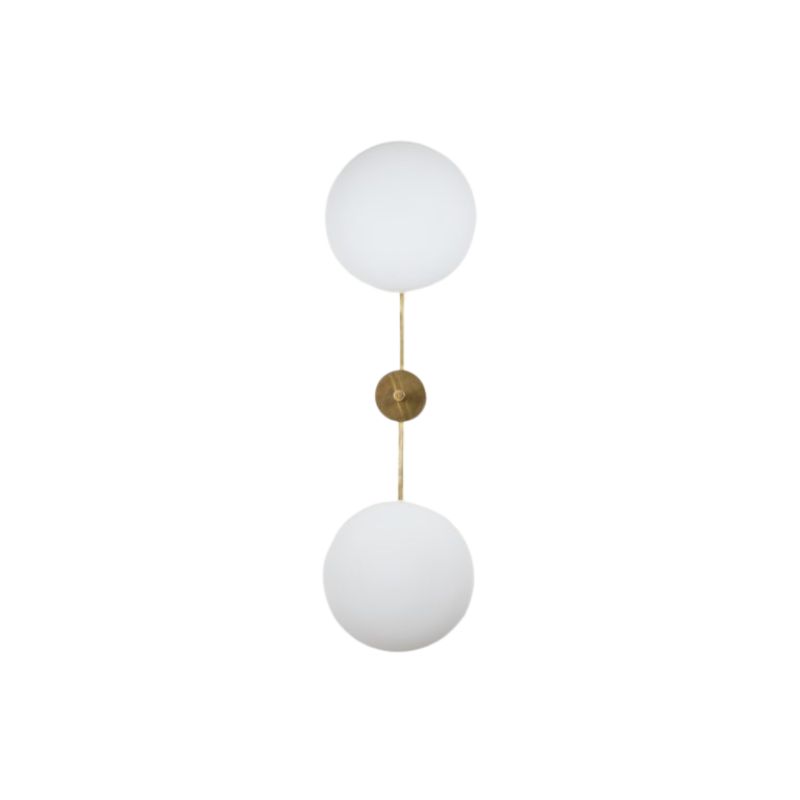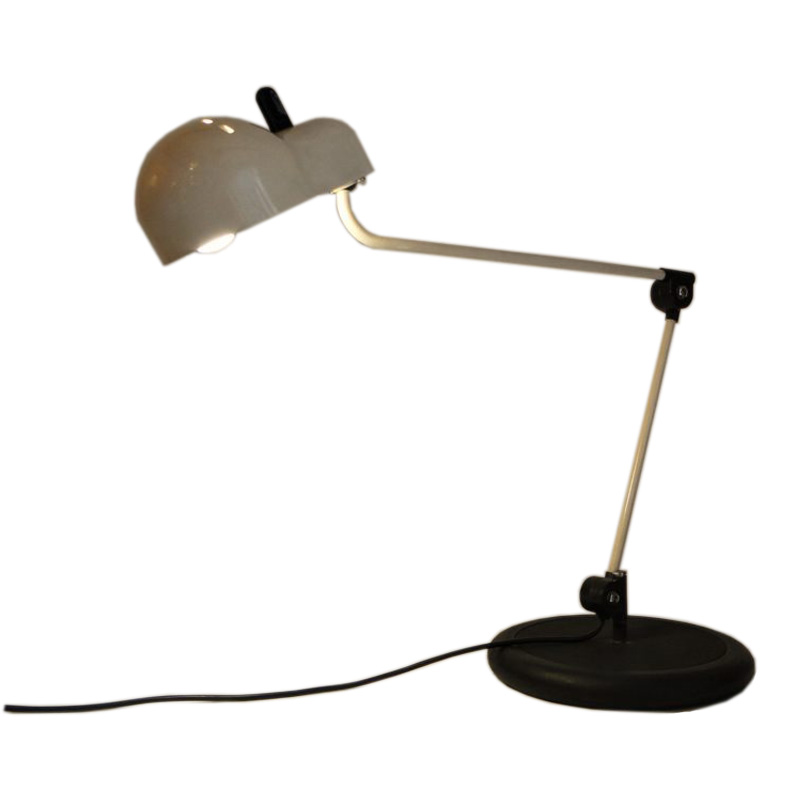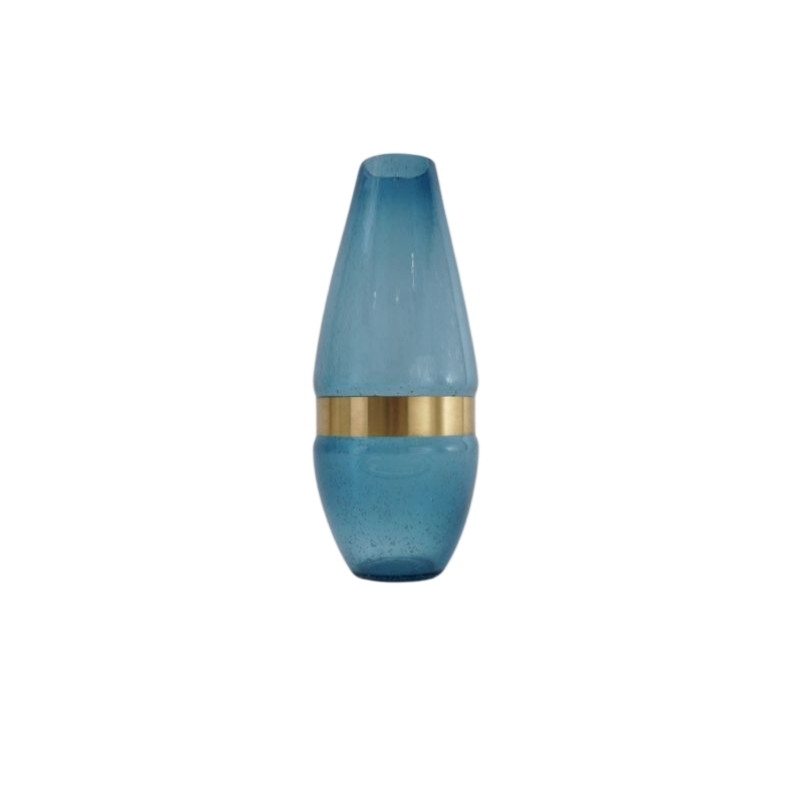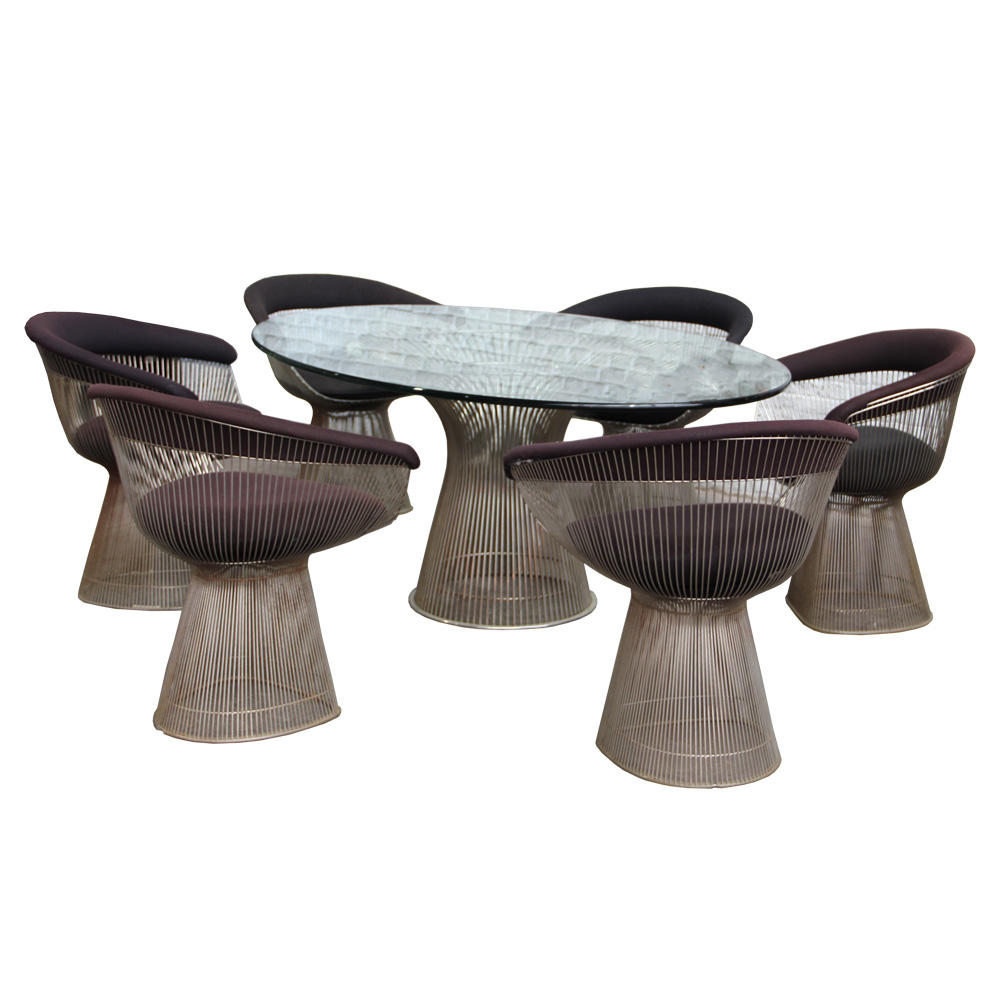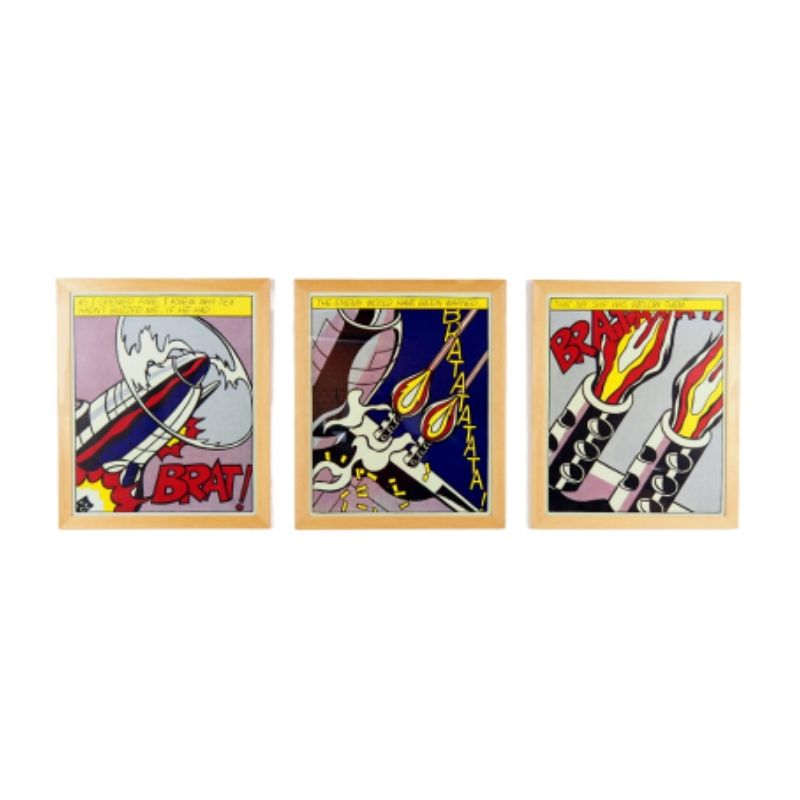Details
"I don't believe the nails on the middle support to be original"
Yes they are. You have a real vintage Herman Miller bench.
"If it was a vintage bench then it DIDN'T have a foil label."
Not true. I've seen vintage Nelson benches marked with both versions of the rectangular label, the round medallion as well as paper H.M. labels stapled to the bottom. It's very common to see them without any label or marking as well.
I'd hold off on refinishing it until you decide how you want to use it. I like a nice patina on my stuff, and even a little extra "love". It's all a matter of personal preference, but bear in mind, it's hard to find a shop that can refinish it and not make it look too new. You might find that with books and objects atop it, the wear is far less distracting then when you see the bench naked.
Wow good to know about the na...
Wow good to know about the nails possible being original. Its so hard to find detailed pictures to really compair. There are no other screws other than the ones holding the legs on. Check out the pictures. I have decided to put a clear coat on instead of linseed oil as a sealant. I want to use this bench rather than just look at it. These pictures show it with one coat. I may do two, but not right away. Some of the water marks have stained the wood pretty good, and I didn't want to sand too much of the patina off. More than anything I just wanted to seal and protect it from any more damage.
rounded edges on the base
Notice the ROUNDED edges on the black base?
In the photo above that looks down at the top of the bench, you can see BOTH sides of the black base top. That's because the base has ROUNDED edges on ALL sides, including the top side that touches the top.
I think this bench was probably originally paired with a case. The only examples of the rounded edges I have seen are very early, and usually in association with the "inventive Cabinet Series" introduced in 1946.
This is shown in the 1948 HM catalog (along with the rounded legs on the bench) This was stated here before (I believe by Lucifersum?)
current offerings of rounded corner base nelson bench
A quick search turned up several benches for sale (or previously sold) that have the the early rounded edges to the base, and most are indeed paired with early nelson cases.
MY MODERN and FARNSWORTH (on the First Dibs site) to name just a couple.
Both are listed as c 1948 examples, and both have clear photos that show the edges to the bases. These are supporting early nelson cases. I also doubt that anyone would fake a 102" bench, or ask that kind of money for the combo if parts were not authentic.
Moving on, a more interesting question would be to ask why the early bases were less "minimal"? Especially when we hear over and over about the classic, "reductive" lines of this iconic design. Seems a interesting to me that the earliest versions were not so reductive after all.
I wonder if it is possible that the early bases were made from some available stock, and then quickly got re considered after just a couple of years?
Norm and Mark and SDR
Norm -Thanks for the info , sounds quite logical to me. I wonder when the change date actually was? Feels like 46-48 was about it for these early platform bases.
And SDR, II have not seen stickers on any of the rounded corner base examples yet. Maybe that is because the labeling was always on the cases they were paired with? Or I just haven't gotten lucky yet.
Thanks Mark, but credit goes to "Just 50's" . He was first to mention the photos of the platform base in the 1948 HM catalog (on the other thread). But I will still put my drinks on your tab. (Can smokes go on a tab?)
The credit for
ideas and questions about labels goes to another reader; I have yet to post to this thread -- though I was sorely tempted, a while back. My thoughts would have to do with the issue of patina: How could it be, that wear and degradation to the surface, to the material itself, could have acquired such a degree of reverence that owners of new furniture are waiting impatiently for that damage -- that's what it is, after all -- to occur ?
If we have respect for the design, and by extension for the designer, would we not believe that he or she would be happiest with the sight of their creation in its original and perfect condition ? By what perversion of that understanding could we arrive at a place where even the muckiest original coat has a higher value on the market than a thoughtful and careful restoration of finish ?
Finish is applied, in my estimation, as a sacrificial surface film placed there to protect the actual material -- and as such is subject to immediate erosion and marking by even the most casual use. Just as we think nothing of re-shingling a priceless work of wooden architecture, when necessary, so too shouldn't we accept that furniture may need its hard-film finish to be renewed after a length of time and use -- preferably before the wood is bare and exposed to possible staining or water damage, as in the present case ?
Perhaps those in the market employ original finish as a marker for authenticity and age. It is true that excessive cleaning and polishing can destroy a delicate surface in metalwork, while glass and ceramic can stand almost any amount of same. Wood belongs in a different category, in my opinion -- that is, wood not treated to stain, fuming, or a ceruse finish, say. Absent those special treatments, wood is ready to be stripped, scraped, or sanded in preparation for a new coat -- at any time in its life, and especially before the original finish is too far gone.
Yes, if I bought an antique, I would rather find it in its original condition, so that I could choose for myself what steps to take in its preservation. Owning it (rather than holding it as an investment, say) I would want to proceed to renew it appropriately, for further use and enjoyment. Applying wax or oil to a worn film finish accomplishes neither objective (preservation of original patina, renewal for further use) well . . . in my view.
Regarding finish, here are my...
Regarding finish, here are my two cents:
The Eames lounge chair instructions of old lists that it should be oiled every year to preserve and renew the wood.
The Nakashima studio recommends oiling their furniture whenever the finish appears dry.
Any woodturner knows to add oil to their old pieces whenever the brilliance has gone away from their pieces.
If this piece appears to have had a finish that was oil only, I would not hesitate to re-oil it. If there was lacquer, however, it may be a different story. I own a nelson bench from circa 1952 with the original finish. Luckily, mine has held up quite well. If the condition of yours is truly bothersome, I would think about possibly adding another layer of protection to the finish. You may be able 'refinish' the bench without losing the appearance of the original finish.
To those more familiar than myself, these were originally lacquered, yes? Wouldn't the best idea likely be to lightly go over the top with 0000 steel wool, then perhaps add a thin coat of sanding sealer and satin lacquer for protection and renewal?
If you need any help, please contact us at – info@designaddict.com



